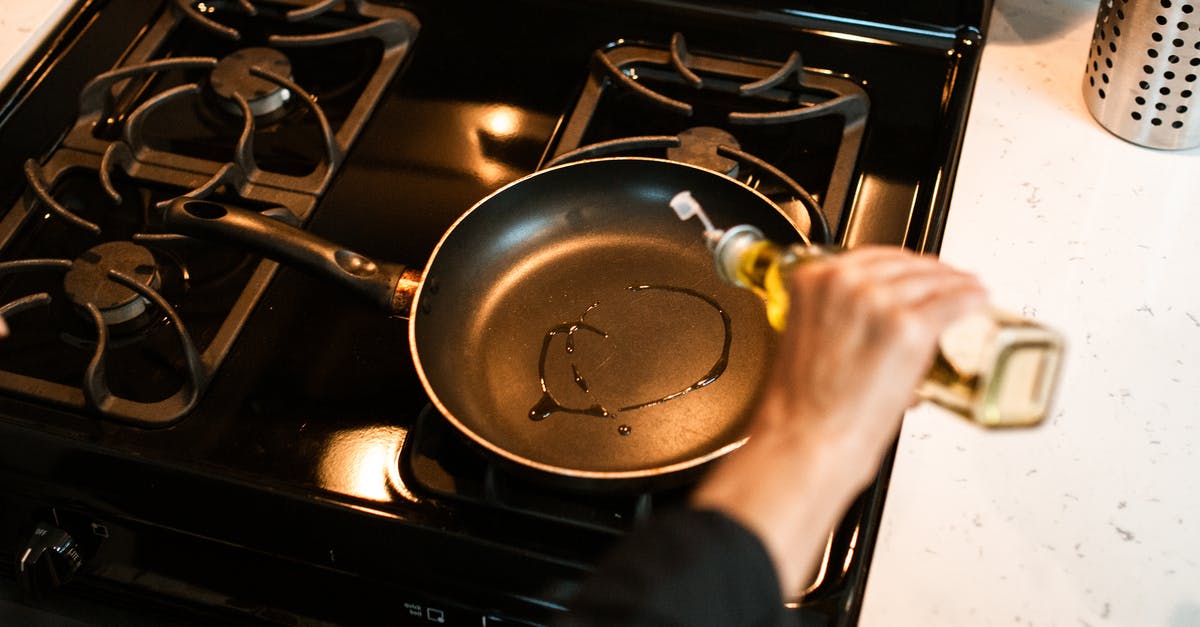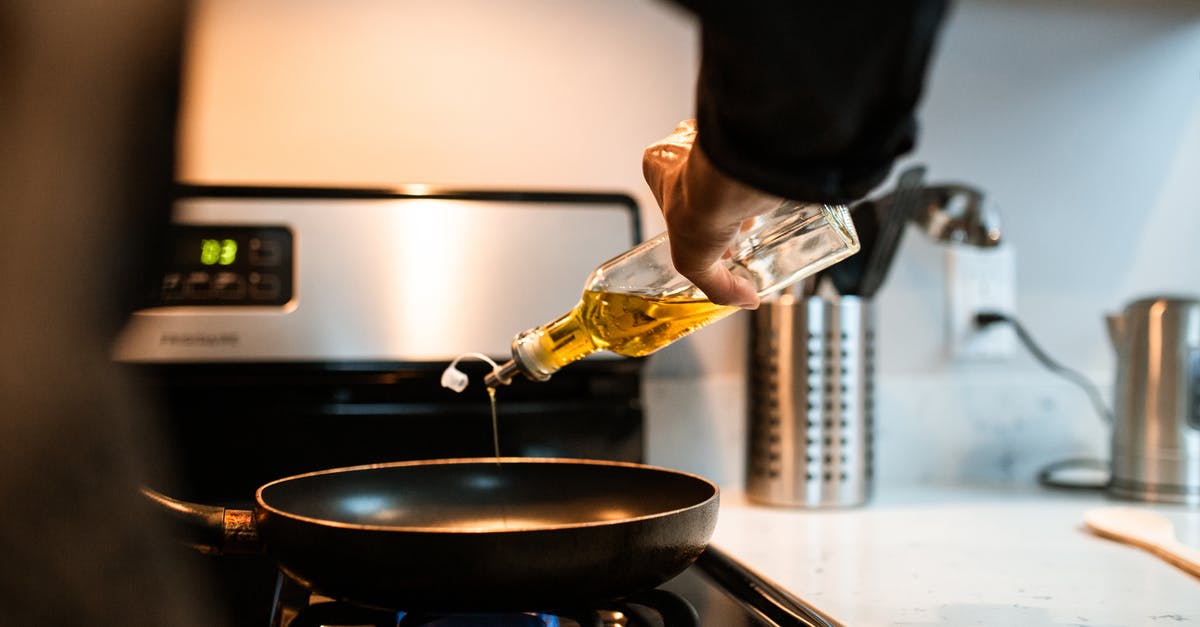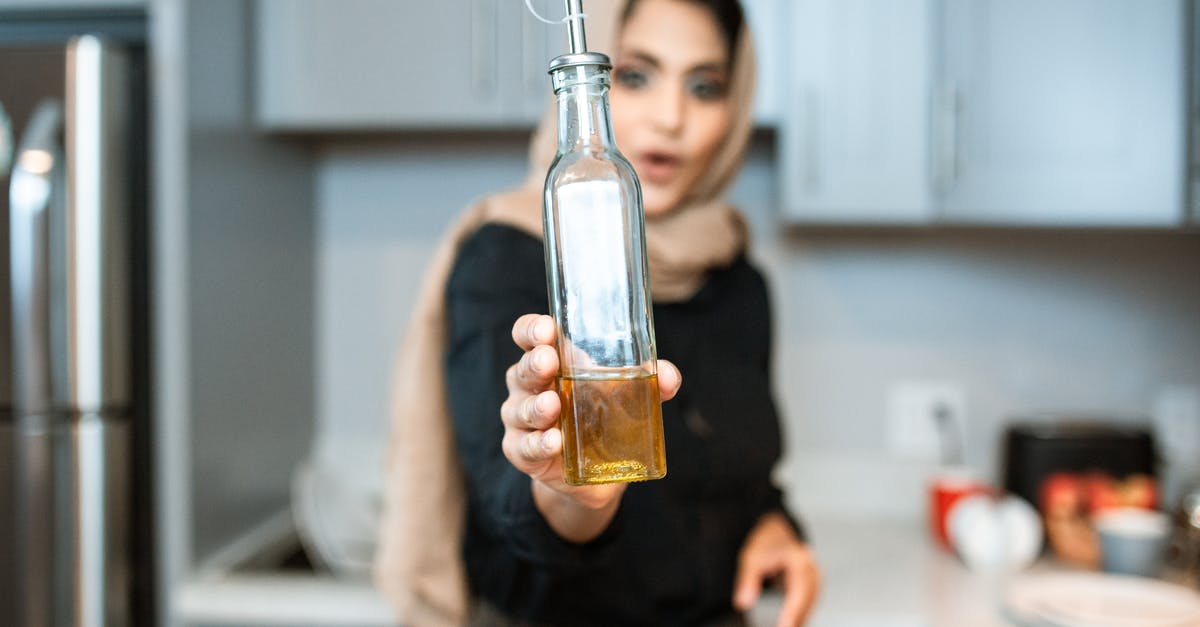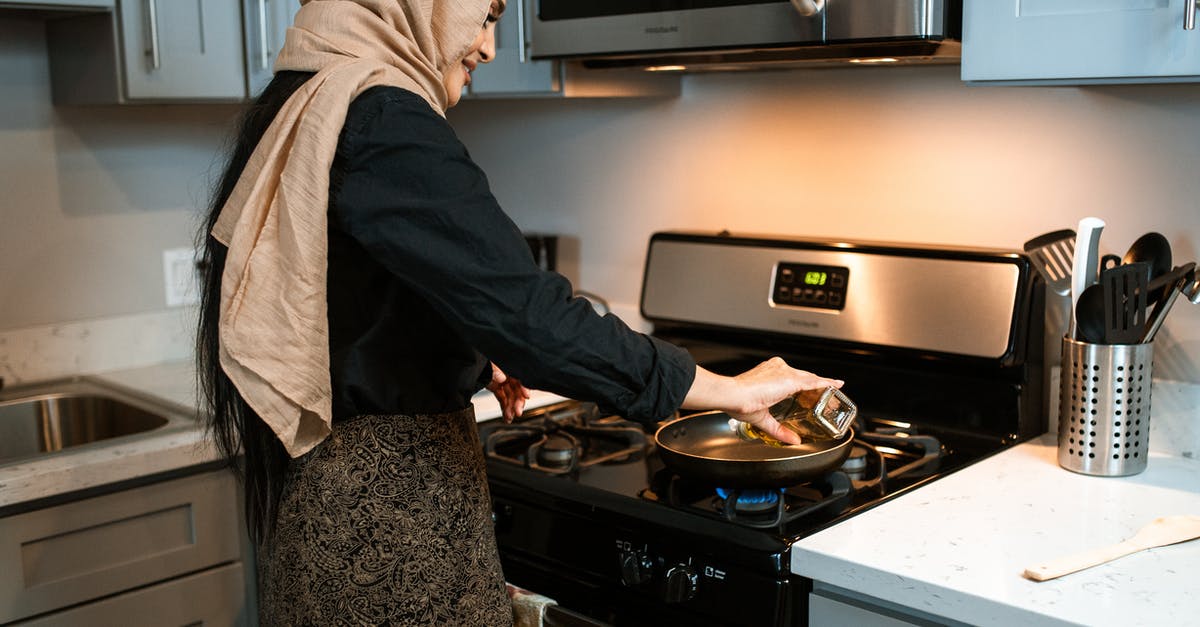Spray oil with hydrocarbon propellants on non-stick pan surfaces

I have heard that using spray-oils with hydrocarbon-based propellants (e.g. butane, isobutane or propane) can, over time, be detrimental to the effectiveness of non-stick pan surfaces.
Can anyone categorically confirm or deny this with references? There appears to be a lot of hearsay on the topic, and I'm after an authoritative source (like a study, or published experimental result).
EDITS
- As @rumtscho points out below, as well as Sam Ley in this answer, small amounts of oil (particularly if sprayed on thinly) which overheat in a hot pan may polymerize and bind to the surface in much the same way as you'd season an iron/steel pan, reducing the effectiveness of the non-stick surface underneath. So, perhaps the problem is not actually with hydrocarbon propellants in spray oils (for which I haven't found any good references), but with the overheating of thin layers of oil applied by sprays which polymerize.
Best Answer
I don't know about the propellants, but you're probably doing yourself a disfavor if you are using an oil spray on nonstick.
The problem is that you're using way too little oil with them. It won't matter if you're making stir fry, but people tend to plop a single piece of meat or fish on the pan. Then what you have is vast ares of pan bottom, hot, covered by nothing by oil. What happens is that the oil polymerizes, just like in seasoning a cast iron pan. You end up with a tacky gunk which is sticky enough to have a grip on the teflon. As you cannot heat the pan enough to actually make a good seasoning out of the stuff (and it won't work well on top of nonstick anyway), you end up with mini droplets of sticky substance on top of the teflon, which reduce the non stickiness.
The oil is also too little to prevent the pan from overheating, which means that your pan can get destroyed by the heat itself. Use an infrared thermometer to see which knob setting is low enough for your pan and only use a naked or sprayed pan under that setting.
I don't have any studies about that, I've just made a similar mistake to my own pans and have seen enough of my friends' and relatives' pans covered in that oil residue to know it's a common problem.
Of course, this problem is not inherent in the spray. You could spray until you have enough oil to not get that effect, a depth of at least 3 mm of a continuous oil puddle seems to be sufficient. But if you are going to use that amount of oil, it's easier and cheaper to get it from the bottle, not out of a spray can.
It is possible that there is an additional problem caused by the propellants. Or it could be a wrong theory by the people who notice the negative effects of frying on a sprayed non stick pan and don't know enough about pan seasoning to recognize the process I described before. My guess is the second, as the whole point of teflon is that it's as close to chemically inert as they could get. I'd like to see another, better sourced answer clarifying this point. But for me, the above problem is reason enough to keep the spray for other purposes, no matter what the propellants do or don't do.
Pictures about "Spray oil with hydrocarbon propellants on non-stick pan surfaces"



Can you use cooking spray on nonstick pans?
When using a nonstick pan, avoid using cooking spray at all costs. While cooking spray certainly has its uses, nonstick cookware is not a good destination for it. Cooking spray causes a build up of residue around the edge of nonstick cookware that simply doesn't burn off.Can you use oil on non-stick pans?
Should I use oil in a non-stick pan? The short answer is YES. With non-stick cookware, you don't need as much oil as a typical stainless steel pan. In fact, you don't even need to cover the whole pan.Can I use Pam spray on nonstick pans?
While you may be using a spray like Pam instead of oil or butter to reduce calories in a dish, it's actually not compatible with nonstick cookware. Using the spray time after time will result in a build-up that is almost impossible to remove.Can olive oil spray be used for non-stick?
You can buy olive oil cooking spray, but a spray is not compatible with non-stick pans so avoid it and use regular olive oil out of a bottle. Using the spray too much will result in a build-up of oil which is ridiculously hard to remove even by washing the pan.TEFLON COATED PAN or Non-Stick Pan How to use them properly? | @Jeff Clever Kitchen
Sources: Stack Exchange - This article follows the attribution requirements of Stack Exchange and is licensed under CC BY-SA 3.0.
Images: RODNAE Productions, RODNAE Productions, RODNAE Productions, RODNAE Productions
